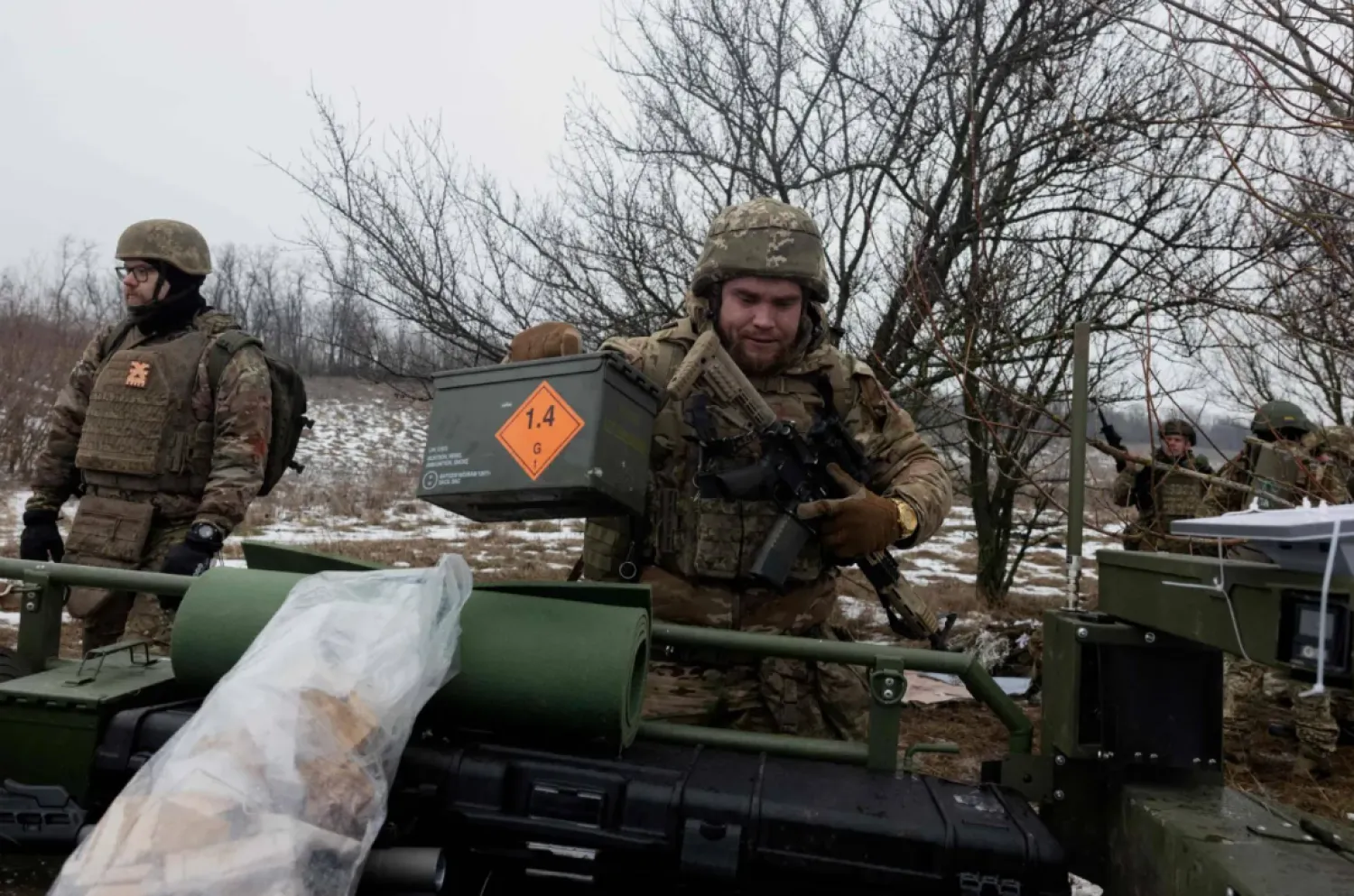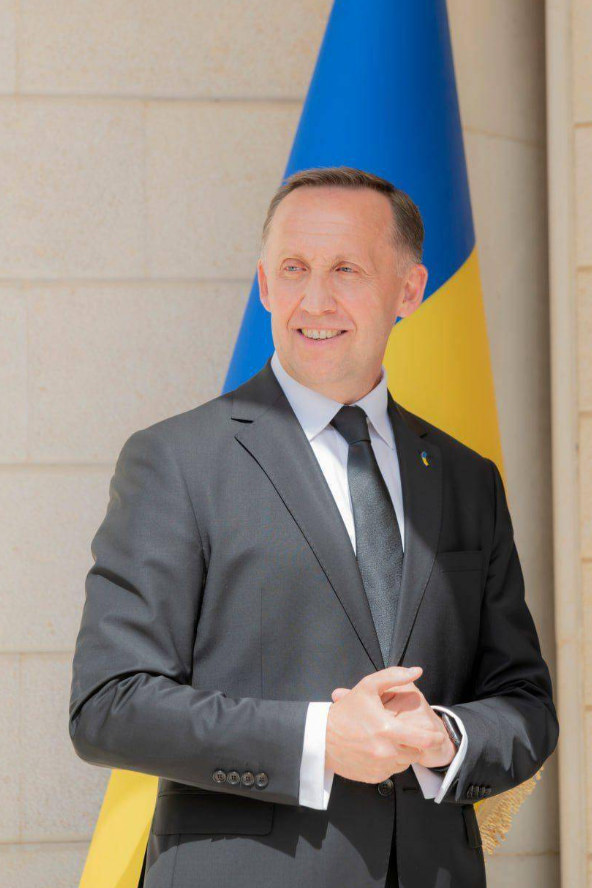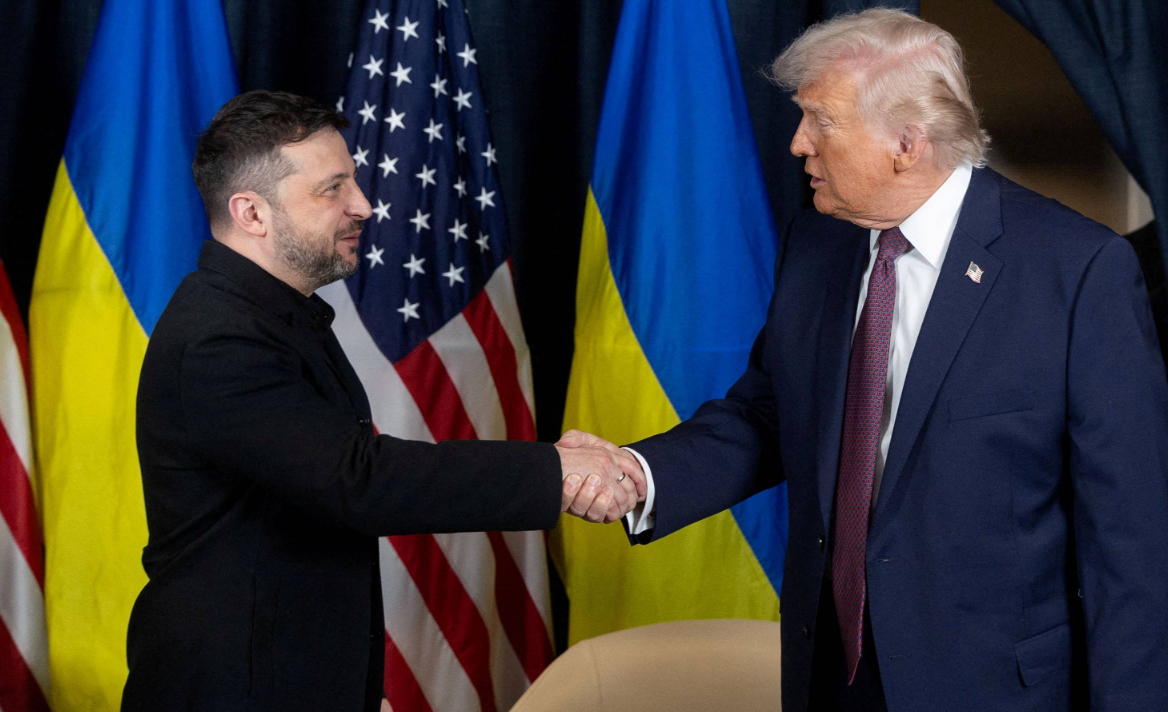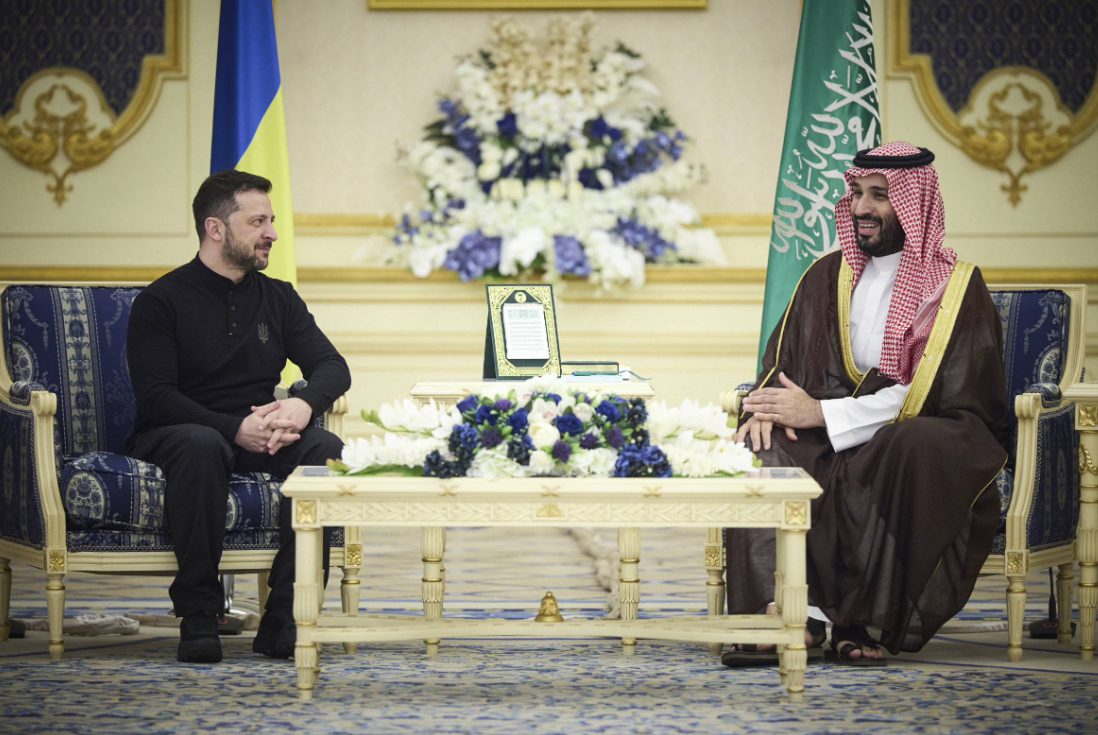President of the Kurdish Iraqi Region Masoud Barzani expressed his disappointment and “bitterness” towards former Iraqi Prime Minister Nouri al-Maliki and Baghdad’s treatment of Kurds during his time in office.
Barzani told Asharq Al-Awsat on Wednesday that Maliki’s term deepened the Kurdish desire for independence from Iraq, accusing the former PM of “committing a crime against the Region that was worse than Saddam Hussein’s Anfal operation” that left more than 180,000 Kurds dead.
He therefore reiterated his commitment to holding the Kurdish independence referendum as scheduled on September 25, saying: “The vote is decisive and it is the choice of the people and the majority of political forces in Kurdistan.”
The referendum must be held on time “unless there is a better alternative”.
Asked if this alternative exists, he replied that “this is just an opinion as there is a higher referendum council in Kurdistan that takes decisions unanimously.”
“We have heard from several sides that the timing of the vote was not appropriate and that it should be postponed for six months or a year…. Such an alternative would require guarantees from the Iraqi government and parliament, the United States, International Coalition, European Union and United Nations,” Barzani explained.
He noted however that such guarantees seem unlikely at the moment, which means that the referendum will be held on time.
Moreover, the Kurdish leader stressed that he will respect the will of the people if they rejected the independence, revealing that he would resign if such a result emerged and possibly quit political life.
He remarked however that it seems that the people are prepared and excited to hold the referendum, predicting that the majority will vote in favor of independence, “but all options are still on the table”.
Commenting on a meeting he held around a month ago with an Iranian delegation, Barzani revealed that it had relayed to him Tehran’s call for cooperation and coordination, but its reservations on the vote.
Iran said that the timing of the referendum was “not appropriate” and that it was better for Irbil and Baghdad to resolve their disputes and return to the constitution. He added that he did not receive any threat from the delegation over the vote, revealing that some Iranian threats were later made through the media, but he did not go into details.
The Kurdish leader also received at a later date Turkish Foreign Minister Mevlut Cavusoglu, who reiterated Iran’s stance on the referendum. The Turkish official noted that the war against ISIS was not over yet and that “the referendum may affect the security and stability in the region.”
“Cavusoglu acknowledged that the Kurds have been wronged, that the constitution was not properly implemented and that the region has the right to demand these rights, but hoped that this may take place within Iraq,” continued Barzani.
“We explained to him our perspective and our frustration after all efforts to establish real partnership with Baghdad failed. We did agree on maintaining contacts,” he said.
This is the same stance that he relayed to US Secretary of Defense James Mattis, who echoed Ankara and Tehran’s concerns over the referendum.
Barzani did not rule out the possibility that the Kurdish region may end up being “besieged by Iran, Turkey and Syria,” adding: “We may be harmed by this, by they will be harmed even more if they resort to such a step.”
On the post-Saddam period after 2003, he expressed his “huge” frustration over the failure to establish a diversified and democratic Iraq.
“Everyone knows that we exerted great efforts to prepare for the overthrow of the regime in 2002 and we took part in the military operations. We have no regrets, but we were hoping for a greater opportunity and a chance for a new Iraq, based on fraternity and a federal democracy. We tried hard to achieve this goal, including the drafting of and voting on the constitution. Had it not been for the Kurdish people, the constitution would not have been a success,” he stressed.
“We initially agreed to establish a democratic civil state, but day after day it became very clear that the state shifted to become a religious sectarian one in Baghdad,” he lamented.
“They mobilized armies against us and cut the Kurdish region’s budget. Even if there are disputes between the region and Baghdad, how is this acceptable? Let us assume that we are in the wrong, how could a prime minister dare, with a stroke of a pen, cut the livelihood of an entire people? This is another form of the Anfal operation,” he declared.
“Yes, Maliki committed another version of the Anfal operation, but in another uglier way. We did not hear single voice of protest by any religious leadership or Shi’ite political parties in Iraq. We sought to establish a democratic federal Iraq, but Baghdad refused and we reached a conviction that we are not wanted there.”
He also accused the former Iraqi premier of withholding arms dedicated to the Kurdish Peshmerga forces that were allotted to it by the constitution. These same weapons eventually landed in the hands of ISIS, he revealed.
“Even in the war against ISIS, they did not offer to help us. We are the ones who helped the Iraqi army and allowed it to come to Mosul. We destroyed ISIS’ first line of defense and opened the way for the army… Even up to this moment, violations were committed, not by the army, but the Popular Mobilization Forces,” Barzani said.
In fact, he stated that he was surprised by the close cooperation between the Peshmerga and Iraqi army, despite the 50 to 60 years of war between them.
Asked if current Iraqi Prime Minister Haidar al-Abadi’s arrival to office improved ties between Irbil and Baghdad, Barzani replied: “He wanted to resolve these problems and he is different from others, but there are several obstacles ahead of him. I enjoy good ties with him and we are in constant contact, but I have reached a conclusion that Abadi cannot fulfill his pledges to us due to reasons out of his control.”
This reality and “the failure of Arab-Kurdish coexistence” in Iraq prompted Kurdistan to push for independence, he stressed.













